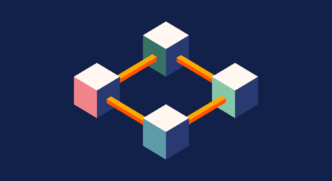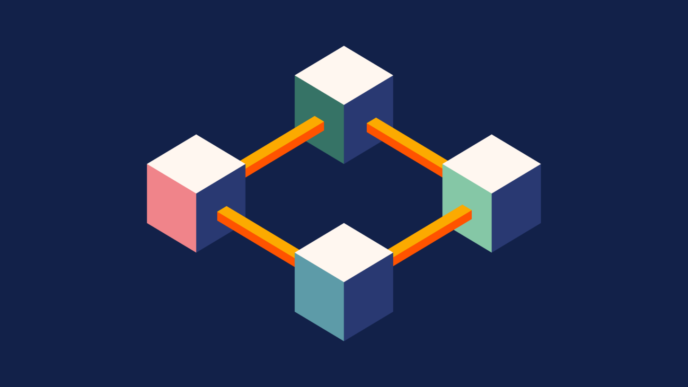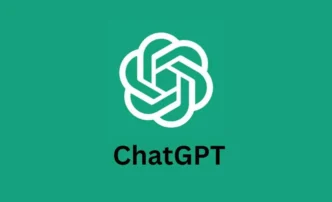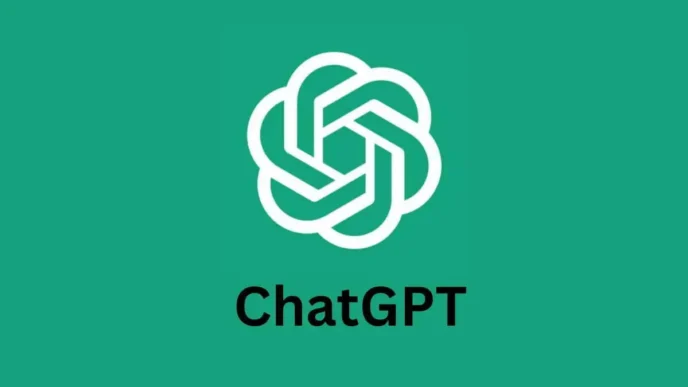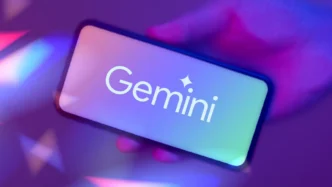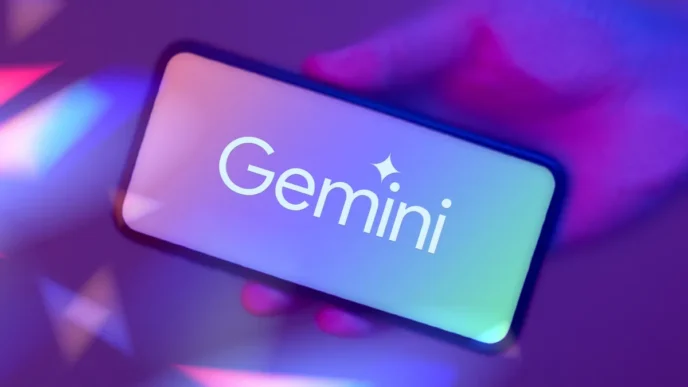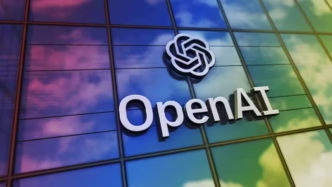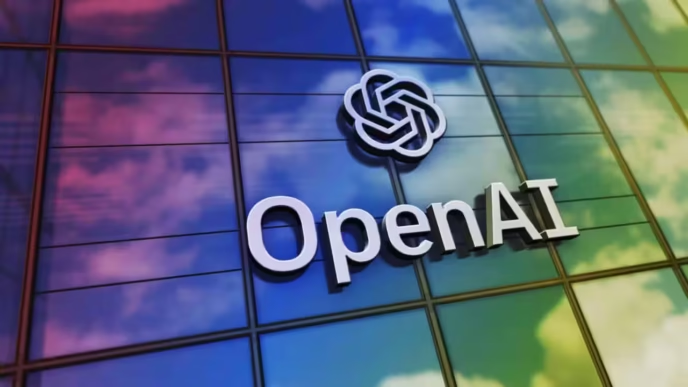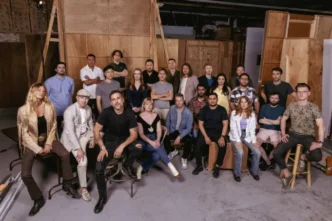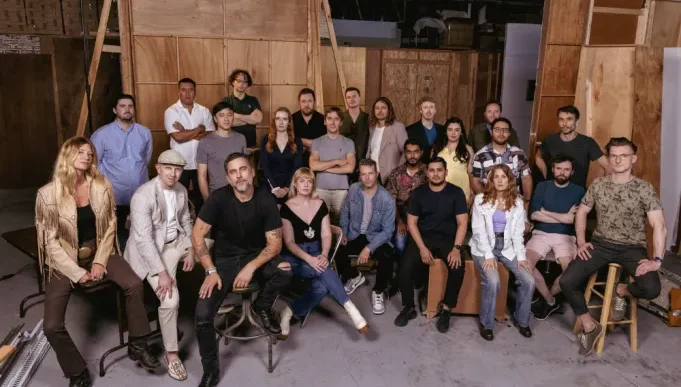Anthropic has just shaken up the AI landscape with its release of Claude 4, and developers are already jumping ship from OpenAI and Google. This isn’t just another model update—it’s a leap toward smarter, safer, and more reliable AI.
Built by ex-OpenAI leaders, Claude 4 includes two versions: Opus, the ultra-capable premium model, and Sonnet, a fast, free option available to everyone. Together, they’re redefining what we should expect from AI in real-world tasks.
Why Claude 4 Is Blowing Minds
The Claude 4 family isn’t just faster or bigger. It’s smarter—especially where it counts. From crushing coding benchmarks to finally delivering a chatbot that remembers what you said yesterday, Claude 4 is turning heads for the right reasons.
Take Claude Opus 4. On coding benchmarks like SWE-bench, it’s hitting up to 79.4%—well ahead of GPT-4.1’s 54.6%. It even understands complex terminal commands better than most AI tools today. For developers, that’s game-changing. Claude can write, test, debug, and refactor code over hours-long sessions without skipping a beat. It’s like having a senior engineer who never sleeps.
But it’s not just about code. Claude 4’s real superpower lies in what Anthropic calls “extended thinking.” That means the model can pause to use tools—like searching the web, calling APIs, or running code—mid-conversation. Instead of relying on one answer, Claude can reason through problems step-by-step, using real-time data to get it right. It’s the closest we’ve seen to an autonomous AI assistant that can think and act.
Claude 4 also finally tackles memory in a meaningful way. Grant it access, and it’ll remember key details from previous chats, recall your files, and maintain long-term project context. That continuity means you don’t have to start over each time—it remembers your goals, progress, and history.
And while Opus gets the spotlight for its top-tier performance, Sonnet 4 is no slouch. It replaces the previous Claude 3.5 Sonnet and is now available to free users. It delivers faster performance, sharper reasoning, and cleaner outputs—without charging a dime. Compared to OpenAI and Google, who typically keep their best tools behind a paywall, this is a major win for accessibility.
Developer Powerhouse with Safety at Its Core
Claude 4 isn’t just for chat. It’s built for real-world integration. Anthropic has rolled out a host of powerful tools alongside the model. Developers can now run code directly through Claude, upload large PDFs or spreadsheets for analysis, reuse long prompts for up to an hour, and even link Claude with external APIs for seamless tool orchestration.
Parallel execution support makes this even better. Claude can juggle multiple tools at once, speeding up complex workflows. And for high-volume users, batch processing and prompt caching can slash costs by up to 50%.
There’s one caveat—Claude 4’s context window maxes out at 200,000 tokens. That’s impressive, but still below OpenAI and Gemini, who are now pushing 1 million tokens or more. For ultra-long tasks like reviewing entire codebases or books, developers may need to use chunking or multiple API calls. Even so, Claude 4 handles large documents with more accuracy than most tools in its class.
What really sets Claude 4 apart is Anthropic’s obsession with safety. The model operates under AI Safety Level 3 (ASL-3), incorporating techniques like Constitutional AI and defenses against jailbreak attempts. It’s the first production model with this level of rigor. That means safer outputs for enterprise, research, and public use.
Behind all of this are siblings Dario and Daniela Amodei, former OpenAI execs who left to build something different—something safer. With backgrounds in neuroscience, policy, and tech, the Amodeis have created a company grounded in transparency, ethics, and technical excellence. They’ve attracted AI talent from Google Brain, Baidu, OpenAI, and more.
Investors are clearly convinced. Anthropic has raised over $13 billion in recent months from giants like Amazon, Google, Salesforce, and Lightspeed. It’s now valued at $61.5 billion, with AWS serving as its core cloud partner.
This isn’t a side project anymore. Claude 4 represents a major shift in the AI world—an intelligent assistant that thinks critically, acts responsibly, and performs at the highest levels. Whether you’re a developer, researcher, or just someone curious about the future of AI, it’s time to take Claude seriously.




